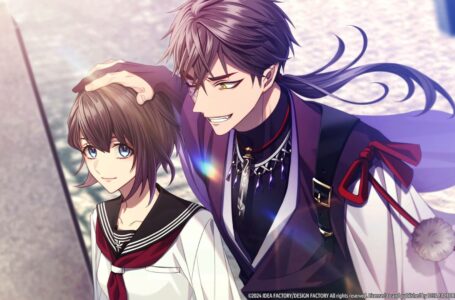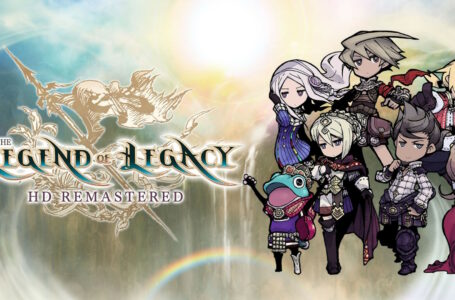The History of Neptunia: Hyperdimension Neptunia Producing Perfection
After three mainline installments in the series, each of which had endured something of a mainstream critical lambasting but also built up a loyal and passionate fanbase in the process, the folks at Idea Factory and Compile Heart decided that the time was ripe to do something new with the Neptunia franchise. The result was Hyperdimension Neptunia Producing Perfection, sometimes simply known as Neptunia PP, developed as a collaborative affair between Compile Heart and Tamsoft.
Producing Perfection (as we shall refer to it hereafter for the sake of simplicity) was released on PlayStation Vita in 2013, and to date it is the only Neptunia title that has not been ported to other platforms. It was also the last Neptunia title to be brought west by NIS America before Idea Factory set up their Idea Factory International branch for future releases.
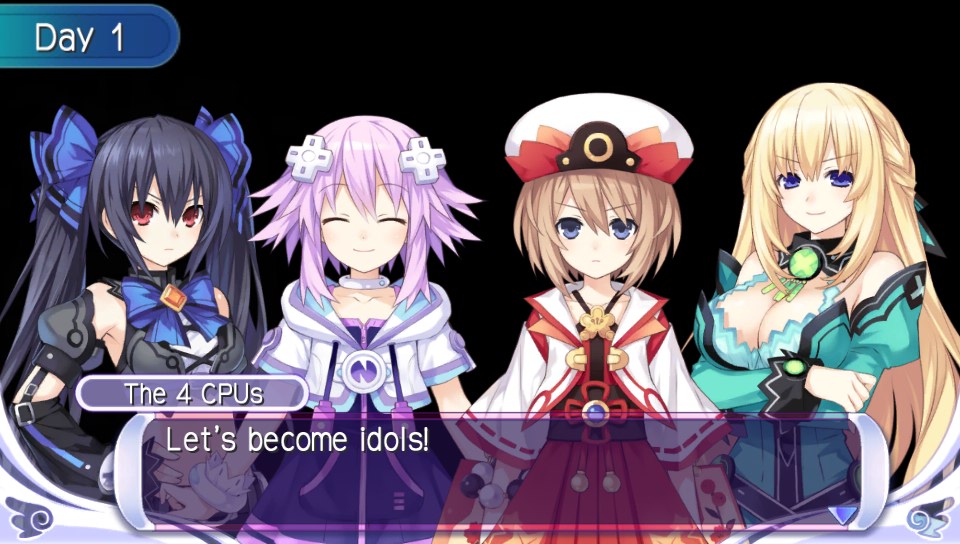
All this makes Producing Perfection quite a rare and collectible title today, even though its core gameplay and narrative structure proved somewhat divisive among established fans of the series. But the important thing to remember is that this is essentially a “fandisc” for Neptunia rather than anything intended to be taken as canon; at the time of its original western release in 2014, many English-speaking fans were less familiar with the idea of a fandisc, whereas it’s a little more recognised as a phenomenon today, particularly in the otome space.
What is Hyperdimension Neptunia Producing Perfection?
Producing Perfection is often described as a music game due to the way in which it focuses on idol culture. However, that’s not really accurate at all, since the actual “music” aspect of gameplay is very minimal — there’s no rhythm game side of things at all, for example; any “performances” the girls put on simply involve you changing camera angles and setting off special effects.
Rather, Producing Perfection is best thought of as a life sim or even a dating sim, in that it’s heavily dialogue-based, and there’s a strong emphasis on managing your time effectively in order to build up stats — in this case, representing each of the Neptunia main cast’s abilities in various performance-related areas.
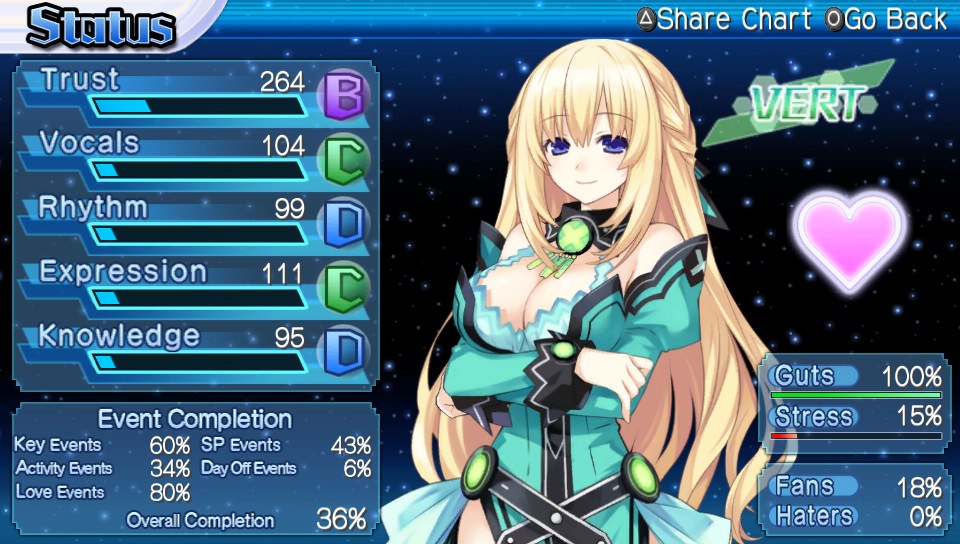
In an interesting move for the series that proved somewhat divisive, Producing Perfection was the first Neptunia game in which you weren’t simply watching the shenanigans of the goddesses from a third-person omniscient perspective. Instead, you are presented as a participant protagonist in proceedings, with the various characters interacting directly with you as well as one another.
This is where the “dating sim” aspect comes in; besides just building up your chosen goddess’ stats to make her a good performer, you also develop your relationship with her, which in turn unlocks various scenes allowing you to get to know her a bit better. There’s still a bit of a sense that you’re being kept slightly at arm’s length — most of the Neptunia cast are strongly implied to be gay, after all, while the player-protagonist feels quite heavily male-coded — but for fans who were open to the experience, it was nice to be able to feel like you were getting some one-on-one time with your favourite goddess.
And this gave Producing Perfection a ton of replayability, too, because you could choose between Neptune, Noire, Blanc and Vert at the start of the game, and each character has an absolute ton of events that you can see along the way depending on the choices that you make, the stats that you build up and the various situations that arise. Just seeing everything one goddess has to offer takes a significant amount of time; if you want to clear the game fully and see everything it has to offer, you’re looking at a significant time investment.
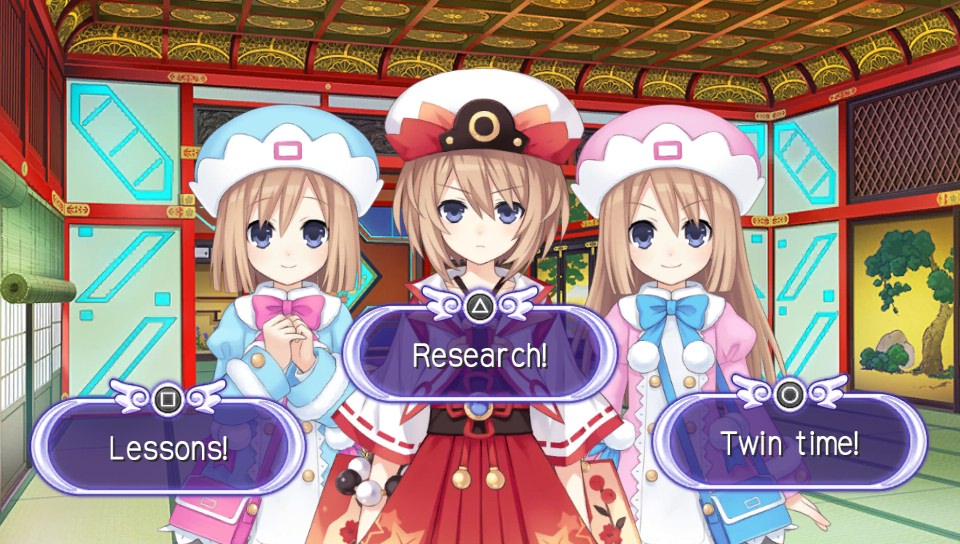
It’s a fun time, though, so long as you’re open to the game being almost exclusively visual novel-style dialogue sequences. Previous Neptunia RPGs had been fairly heavy on these for their storytelling, but they had been supplemented by the dungeon exploration, crafting and battle sequences; here, meanwhile, the only real break from dialogue comes in the form of the performance sequences, which almost feel like an afterthought in mechanical terms.
Producing Perfection was also noteworthy at the time of its original release, because games like this were known to exist by western otaku game enthusiasts, but we hadn’t seen many localised titles of this type. We still haven’t seen official western releases of popular idol-themed franchises such as Namco’s The Idolmaster, for example — though in more recent years we have started to see more games heavily based on Japanese idol and celebrity culture such as Idol Manager and Needy Streamer Overload.
Back in 2014, though, we were still at a point where “niche-interest” anime-style Japanese games were in an initial growth period in the west, and publishers were starting to recognise that yes, there was indeed an audience for localised versions of these games — even despite the fairly significant resistance to them that tended to come up from mainstream review outlets.
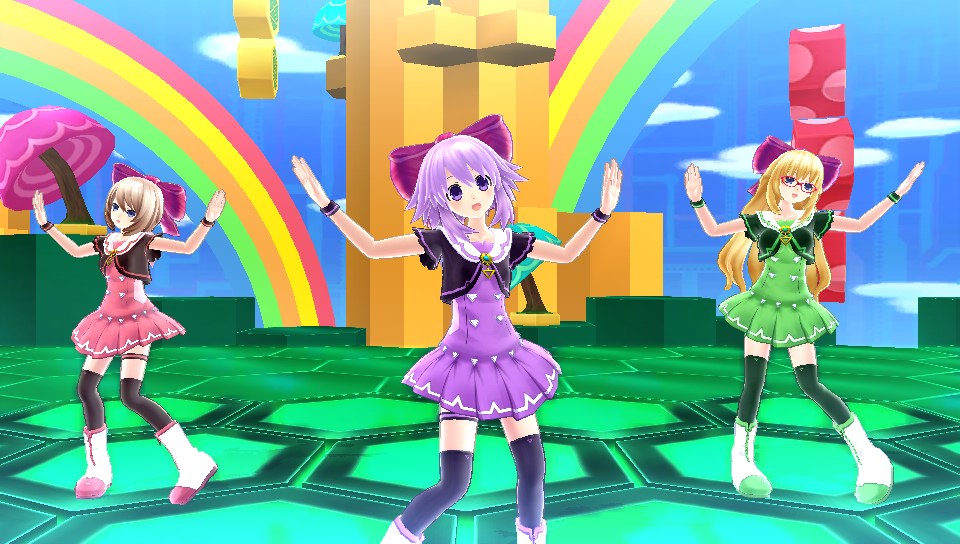
In this sense, Producing Perfection can be looked on as a significant release for another reason, then; since it was likely never going to review well due to its heavily niche-interest nature, the fact it got a western release at all showed that NIS America (and subsequently Idea Factory International) had faith that the opinions of these games’ actual audiences were more important than arbitrary numbers assigned by games journalists. And that’s an attitude that has allowed translated versions of Japanese games to really thrive in more recent years.
Is it worth hunting down a copy of Producing Perfection and giving it a go for yourself? I’d say so, yes. While it’s a bit of a harder sell than some of the other Neptunia games — if you’re someone who complains about “too much reading” you won’t have a good time, but then the same can probably be said for the series as a whole — it’s definitely a worthy addition to the series.
It’s also an interesting first example of Compile Heart recognising that Neptunia had a strong enough cast to transcend its original context. These girls weren’t just RPG heroes any more; they were well-liked characters in their own right, and there was absolutely no reason they always needed to be in the same type of game, the same setting or even the same form of media. This is an attitude that has also been taken by the Senran Kagura series over the years — so it’s perhaps no surprise that the two eventually came together.
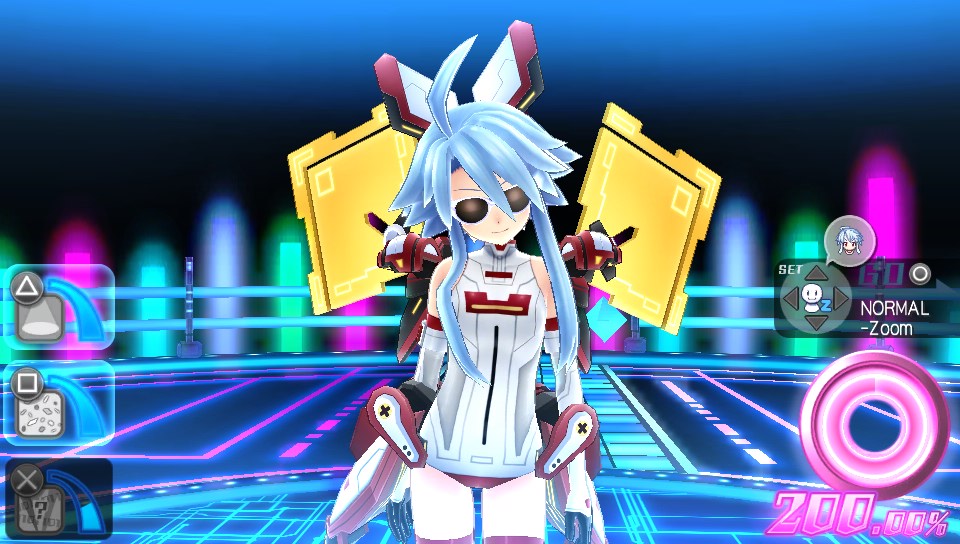
Divisive though it may be, and regarded by some as one of the weaker entries in the series on the whole, Producing Perfection is nonetheless an important part of Neptunia history — and I know I for one certainly wouldn’t object to the franchise having another go at this sort of thing.
Hyperdimension Neptunia: Producing Perfection is still available on the Vita store, while it exists — though you can no longer access this via the Web. Physical copies can be tracked down from various sources such as CEX.
Join The Discussion
Rice Digital Discord
Rice Digital Twitter
Rice Digital Facebook
Or write us a letter for the Rice Digital Friday Letters Page by clicking here!
Disclosure: Some links in this article may be affiliate links, which means we may earn a small commission if you make a purchase after clicking on them. This is at no additional cost to you and helps support Rice Digital!
- Letter from the Editor: passing the torch - June 30, 2023
- Super Woden GP 2 is looking promising - June 30, 2023
- Inti Creates is making a 32 bit-style Love Live action platformer - June 26, 2023





